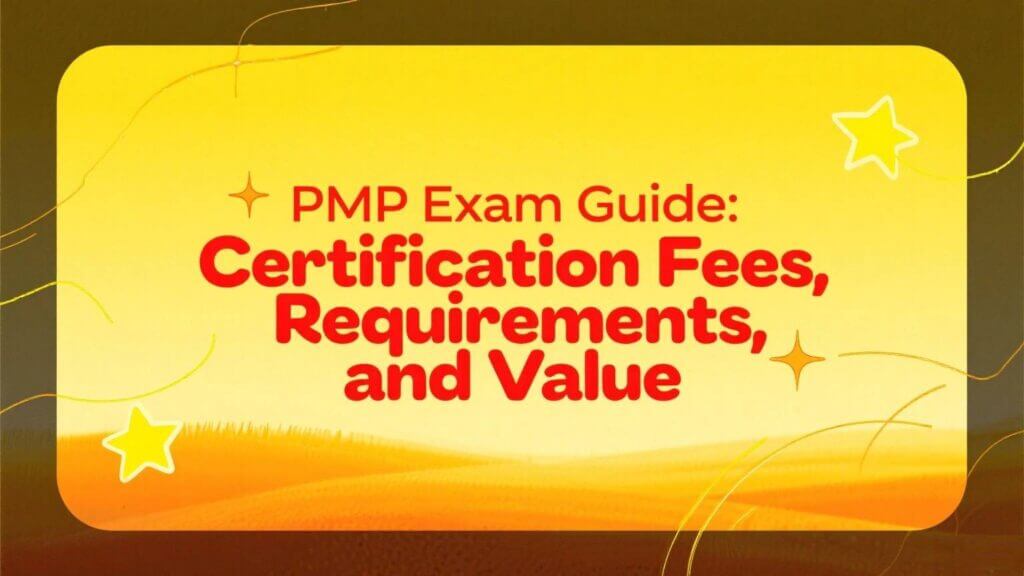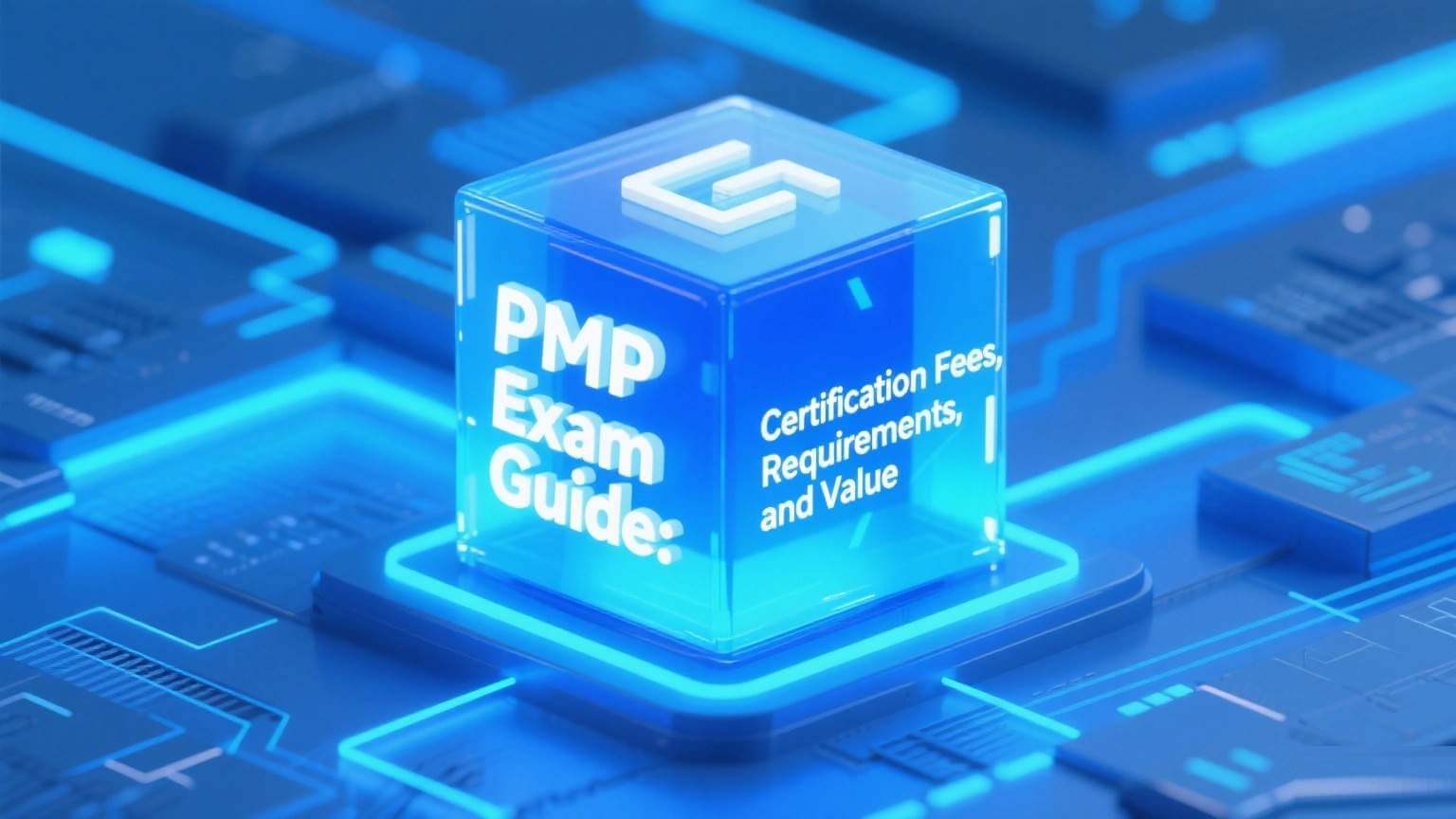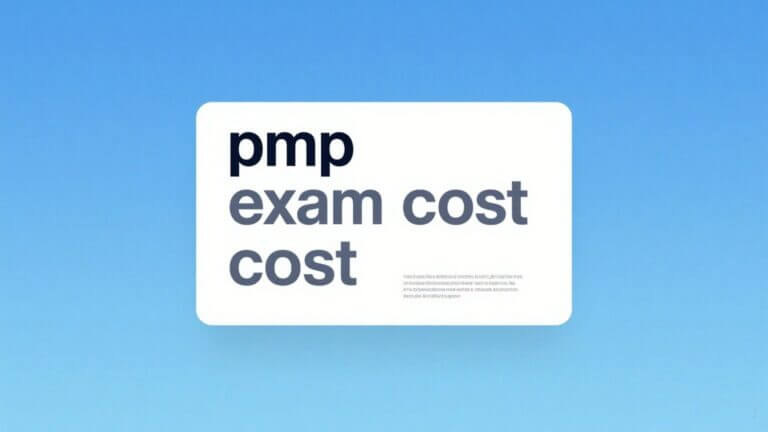PMP Exam Guide 2025: Certification Fees, Requirements, and Value
What is PMP certification?The global gold standard for project management
PMP (Project Management Professional) certification was established by the Project Management Institute (PMI) in 1984 and is a globally recognized system for assessing project management capabilities.
Core value
Assessing both project management knowledge and practical skills
Certification basis
Based on the ten knowledge areas and five process groups outlined in PMI’s PMBOK® Guide
Language Support
Available in 9 languages including Chinese, English, Japanese, and French (as of 2025)
Why Choose PMP? The Value of an International Credential
PMP is one of the world’s three major management certifications alongside MBA and MPA, recognized in over 170 countries.
Industry Priority
Preferred for hiring by multinational companies in IT, engineering, and finance sectors
Project Competitiveness
Essential qualification for international tenders (e.g., government/infrastructure projects)
Career passport
Entry threshold for project management positions at tech giants like Amazon and IBM
Comprehensive Analysis of the PMP Exam: Detailed Explanation of U.S. Eligibility Requirements

Education and Experience Requirements (Choose One)
Bachelor’s degree or higher: 36 months of exclusive project management experience (including leadership responsibilities)
High school diploma/associate’s degree: 60 months of project management leadership experience
GAC Degree Holders: 24 months of experience + 12-month grace period
Mandatory Training Requirements
35 hours of project management training (exempt for CAPM certificate holders/GAC graduates)
Courses from PMI-authorized training institutions (REPs) can be counted toward the required hours
U.S. PMP Exam Practical Guide: Fees/Format/Timing
Key Exam Parameters
Duration and Question Types: 230 minutes | 175 multiple-choice questions (including 25 unscored practice questions)
Content Breakdown: People Management 42% | Process Management 50% | Business Environment 8%
Break Rules: A 10-minute break after every 60 questions
Fees and Scheduling
Exam Fee: Members $425 | Non-Members $675
Retake Fee: Members $275 | Non-Members $375
U.S. Exam Dates: Monday to Friday, 7:00 AM to 7:00 PM Central Time (book via Pearson VUE official website)
Core Advantages of PMP Certification: Salary and Career Advancement
Economic Benefits
Salary Premium: Certified professionals see an average salary increase of 10%-30% (Glassdoor 2025 data)
Job Fit: Core promotion credential for technical managers, IT project managers, and corporate executives
Skill Enhancement
Systematic mastery of the PMBOK® risk management and process control framework
Enhanced soft skills such as cross-departmental collaboration and stakeholder communication
Corporate Value
Bidding Advantage: Federal projects mandate the inclusion of PMP-certified personne
Reduces project failure rate by 27% (PMI 2024 Industry Report)
Target Audience and Considerations
Recommended Candidates
Project Managers/Technical Supervisors/Corporate Decision-Makers
Cross-Industry Talent Planning to Transition into Consulting/Construction/IT Management
Continuing Maintenance Requirements
Recertification Mechanism: Accumulate 60 PDUs (Professional Development Units) over 3 years
Potential Challenges
Theoretical frameworks must be applied through practical experience
Recertification costs approximately $150 per year (training + membership fees)

